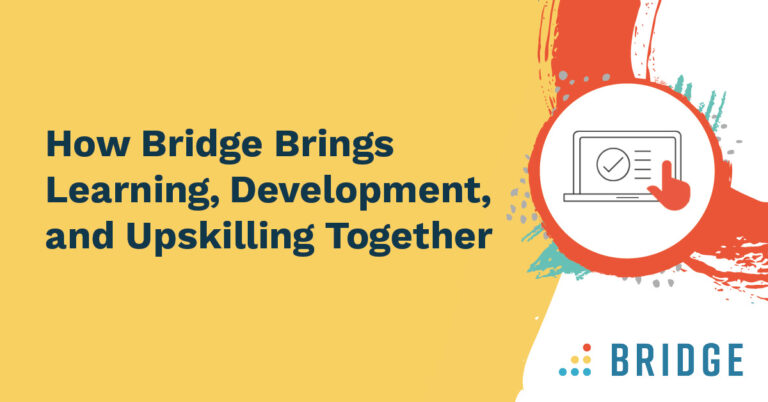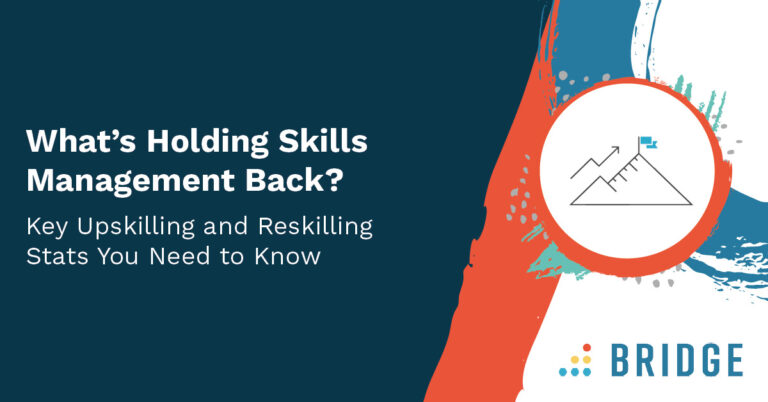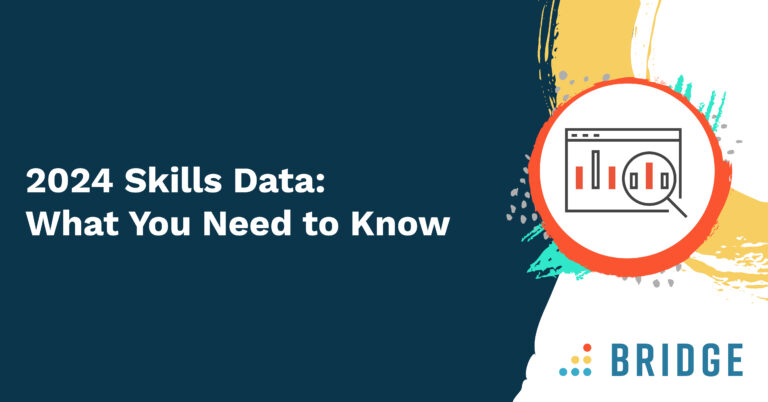Conflict happens. How we deal with it is what separates great managers from meh managers.
I’m going to say a word to you, and I want you to take note of how you feel.
Ready?
“Conflict.”
What emotions do you feel? What words come to mind? For most of us, it’s:
- Stress
- Arguments
- Fights
- Hatred
- More stress
In a recent manager training webinar I hosted, I explained how conflict evokes negative words and emotions because the experience of conflict is so unpleasant. A simple Google search results in an explanation of conflict as a clash of interests, arguments, or differences in thought processes or attitudes. But, there are so many people with different interests and perspectives that get along, and that can work together. What is their secret?
Perhaps it’s their understanding of conflict not as a “clash” or “argument,” but for what it truly is: a breakdown in productive and positive communication.
Conflict is messy! In the workplace, where screaming isn’t acceptable, you are more likely to run into conflict in the form of nervous energy and possibly avoid a situation or person. If you do manage to talk to someone you’re in conflict with, you may leave thinking, “what I wish I said was….” When communication isn’t productive, conflict festers, and it’s possible to get stuck in a conflict loop, in other words, a never-ending hell of constant conflict.
The best way to manage conflict is to get communication back to a productive place as quickly as possible, and to understand why your communication with the other person broke down in the first place. This way, you can avoid communication breaking down the same way in the future (and thus, avoiding the conflict loop).
Sounds simple enough, but we all know it isn’t. Actively working on understanding the root cause of conflict is the key to conflict management. To help you get started, with conquering your fears of conflict, here are a few common reasons that communication fails:
Assigning another person’s behaviour as inherent rather than situational.
No matter how well we know someone, we assign meaning to their behaviour. We do this to explain to ourselves why people act the way they do. Sometimes behaviour is dispositional. It’s part of someone’s personality; it’s who they are (Sasha is a happy person). Sometimes, behaviour is situational, it’s not typically how they are, but it’s how they are behaving now (Sasha is happy because they had coffee this morning). When we incorrectly assign behaviour as situational or dispositional, conflict can occur because you change how you communicate. Be mindful to consider more broadly why someone may be behaving the way they are. Also, consider your behaviours.
My first job as a manager, I was overwhelmed and admittedly, not a morning person. One morning, I walked into my office after getting caught in the rain, let out an “UGH!”, and stomped to my office. My staff attributed my behaviour to being an angry, unapproachable person, which led to conflict between us. It took another manager to tell me how I was perceived for me to change my behaviour actively.
Challenging or threatening another person’s idea of how they are perceived at work.
We all come to work with an identity, an idea of how we want others to perceive us. When I go to work, I want my clients to see me as a professional, personable, reliable, and trustworthy. When that identity feels threatened because of someone else’s words or actions, we often try to protect ourselves by:
- making excuses (that wasn’t my responsibility; it was Matt’s!)
- justifications (it’s fine, everyone leaves early on Fridays)
- denial (I never got your email, so I didn’t know)
These actions are known as face-saving. If you notice it, the quickest way to get past it and avoid conflict is to give face. Giving face means reinforcing identity and confirming that you see someone else as they wish to be seen.
One of the most common complaints I hear nowadays relates to cameras-off during remote video meetings. I hear various explanations for why cameras are off, like, “I can’t get it to work” and “I didn’t realize my camera wasn’t on”. While some people have legitimate internet issues, most leave their cameras off for fear of judgment about how they look, where they are, their background, and who may be interrupting them. These things may result in others perceiving the person as unprofessional or unfocused. If you want your team to turn their cameras on, try giving face and letting them know why seeing them is important and confirming that you view them as professional and capable, even if they have to be sitting on the floor for work these days.
Triggering someone’s anxieties.
When we experience psychological anxiety, our bodies will actively work to find relief from that anxiety weight. Sometimes, people trigger our fears. The action to relieve that anxiety can come out as displacement, which is when we take energy from one source and channel it towards another. The best example of displacement is when something negative happens at work, and you go home and yell at your partner. We’ve all been there. If you are in conflict, think for a moment if your anxieties were triggered. The more we recognize our triggers, the more we can work through them and avoid unnecessary conflict.
One of my triggers is being asked to manage someone else’s calendar. I once left a job because one of my primary responsibilities, managing my boss’s calendar, left me feeling that I couldn’t live up to my potential. When asked recently to assist an executive with scheduling a meeting, I instantly became frustrated and short with them. After taking a breath, I realized that my anxieties were triggered and was able to calm down and see the ask not as a reflection of my work ethic but as help for this executive to accomplish a task of their own. It wasn’t something they asked me to help with often, and it was my anxieties that were starting this conflict. Had I not reflected on my triggers and why they triggered me, this conflict could have developed into something much worse.
I’ll leave you with this fun fact: third party conflict managers and mediators can’t resolve conflict; only those involved can resolve conflict. I wish I could tell you that you never had to work through conflict, but unfortunately, conflict is inevitable. That doesn’t mean that conflict must be negative, though. As you pick up on the causes of conflict and learn to communicate more productively, conflict will become less scary and result in real growth for you, your team, and your organization.



